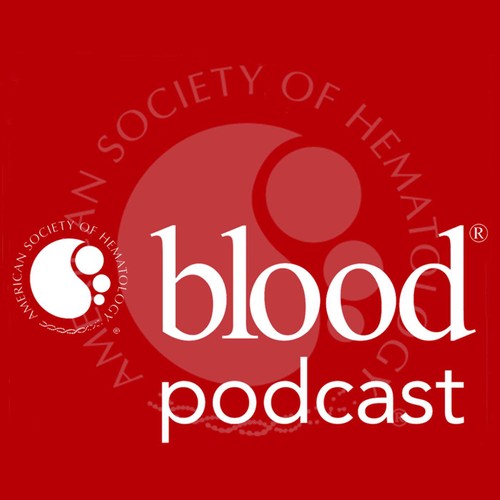
 Blood Podcast
Blood Podcast Azacitidine holds promise in VEXAS syndrome; a step forward in precision blood matching; identifying a new vulnerability in TP53-mutated AML
Sep 18, 2025
Discover the promising effects of Azacitidine in treating VEXAS syndrome, showing benefits but also high relapse rates. Learn how advanced genotyping techniques are enhancing blood matching, potentially reducing complications for transfusion patients. Finally, uncover a new therapeutic target related to BAP1 loss in TP53-mutated AML, revealing its unique vulnerabilities and paving the way for innovative treatments using BCL-XL inhibitors. This discussion delves into groundbreaking advancements in the field of blood disorders.
AI Snips
Chapters
Transcript
Episode notes
Azacitidine Shows Durable But Incomplete Responses
- Azacitidine produced inflammatory responses in most VEXAS patients with 54% responding at 12 months and 61% overall.
- Responses were durable but relapses occurred, suggesting many patients may need long-term therapy.
Meaningful Hematologic And Molecular Responses
- Azacitidine achieved hematologic improvements: 65% became RBC transfusion independent and platelet responses reached 77%.
- Molecular responses occurred in 65% with nearly half reducing UBA1 VAF below 2%.
Vigilance For Infections During Azacitidine
- Monitor VEXAS patients closely for infections since 34% experienced infections in the study.
- Consider infection prophylaxis and vigilance when using azacitidine in this population.
